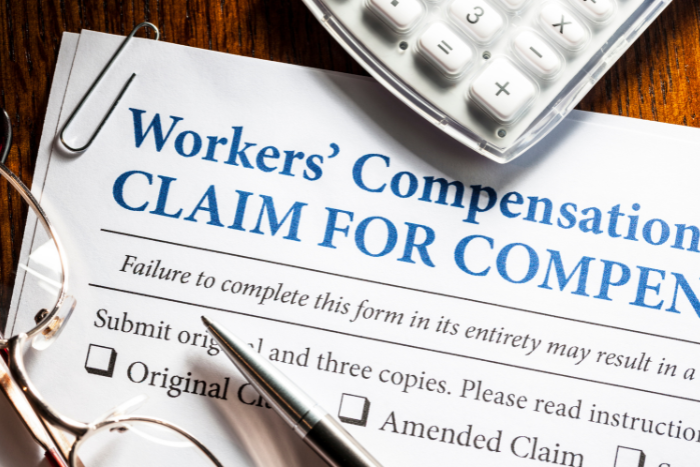When Will You Get Your Workers’ Comp Check?
If you’ve been hurt on the job and are waiting for your workers’ compensation benefits, you’re probably wondering when your check will arrive. For many individuals, even a brief delay can create financial stress. Michigan law is designed to provide a safety net for injured employees by covering lost wages, but understanding the process can help avoid unnecessary frustration.
Here’s what to know about workers’ comp payments in Michigan:
When Do Wage Loss Benefits Start?
In Michigan, workers must be disabled for at least 7 consecutive days before wage loss benefits kick in. After two weeks of disability, payments will cover the first missed day of work as well. Payments are typically issued beginning on the 14th day following a workplace injury, but delays are common.
How Much Should Your Workers’ Comp Check Be?
Your wage loss benefits should equal about 80% of your after-tax average weekly income. This amount includes:
- Overtime
- Discontinued fringe benefits
- Income from second jobs (if you can no longer perform them)
What Happens If Your Check Is Late?
Workers’ comp checks are considered late if they are not issued within 30 days of being due. If this happens:
- A $50 daily penalty may apply, capped at $1,500.
- Make sure all required documentation has been submitted. Sending it via certified mail is a good way to ensure proof of submission.
A delay could indicate your claim is under dispute. In some cases, insurance companies request an independent medical exam (IME) before approving payments, which might signal potential issues with your claim.
Why Are Workers’ Comp Checks Sometimes Delayed?
Several factors can lead to late payments, including:
- Poor communication between claims adjusters, employers, and medical providers
- Oversights or errors in processing
- Claims flagged for further review
What About Workers’ Comp Settlement Checks?
Settlement payments usually take longer to process than weekly wage loss checks. These checks are mailed after a mandatory appeal period, often within 7 to 10 days of the appeal window closing. Waiving this period may speed things up, but all settlement payments must be sent by mail.
Direct Deposit for Workers’ Comp Benefits
While most workers’ comp checks are mailed, Michigan law allows electronic payments with the employee’s written consent. Funds can be deposited into a bank account or placed on a prepaid debit card.
Are Workers’ Comp Payments Taxable?
No. Workers’ compensation benefits are tax-free, so you won’t see federal or state deductions from these payments.
Need Help with a Late or Missing Check?
Late or missing payments might be an administrative issue, but they can also indicate a dispute with your claim. If you’re experiencing delays or have questions about workers’ comp benefits, reaching out to a lawyer can help you protect your rights.
Navigating workers’ comp can feel overwhelming, but understanding how payments work can ease some of the stress during your recovery.






